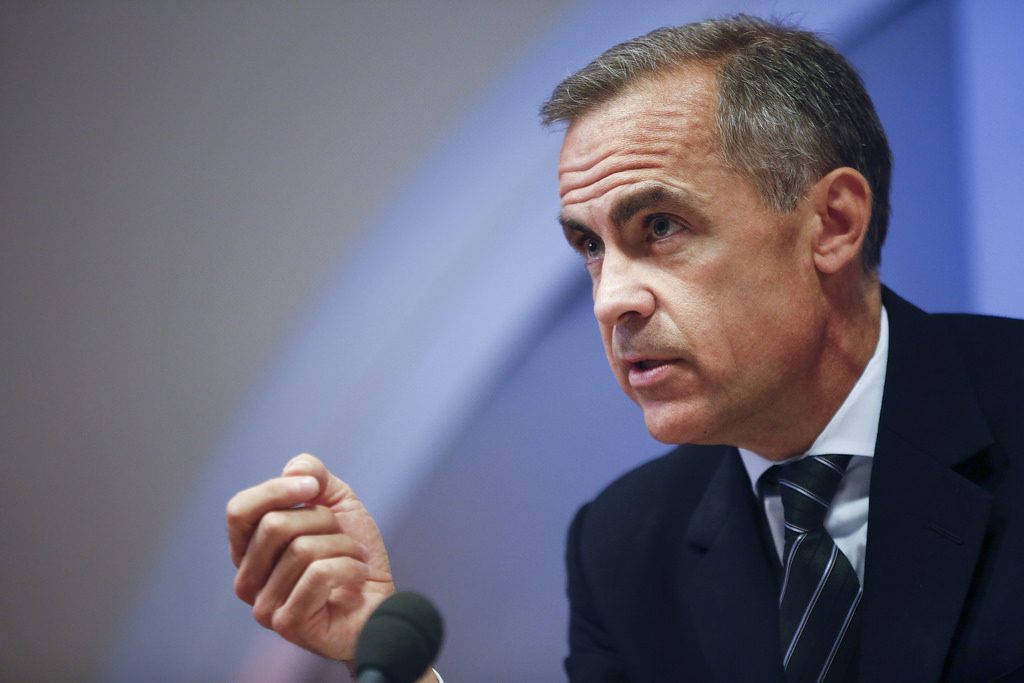Mark Carney, governor of the Bank of England (our central bank) said yesterday that UK households were on average £900 worse off than he thought they'd be in May 2016... you know, before we voted to leave the EU.
What it means: When the Bank of England pipes up on what it thinks Brexit is doing to the UK economy, people pounce on their every word – partly because they're important, but also because they admitted they got one of their forecasts wrong after the referendum, and now people are watching even more closely to see whether they'll slip up again.
This time, Carney's said the UK economy is 'growing' a lot slower than they'd thought it would be before Brexit happened, which means we're not producing goods and services as fast as they'd imagined. He says there's about £40 billion of business we could be doing but aren't – which is losing the government about £300 million a week in taxes.
The crucial thing to understand here is that when he says we're 'losing out', he means 'losing out in comparison to where he thought we'd be'. Households may well be better off – just £900 less better off than the Bank predicted.
They think inflation (the value of the pound going down), low wages, and low productivity (not working efficiently enough), and not enough investment may be to blame.

